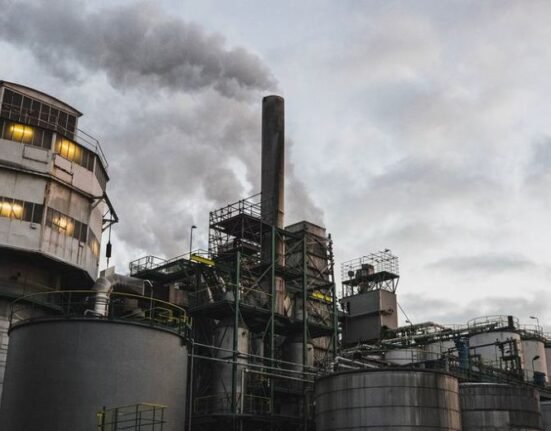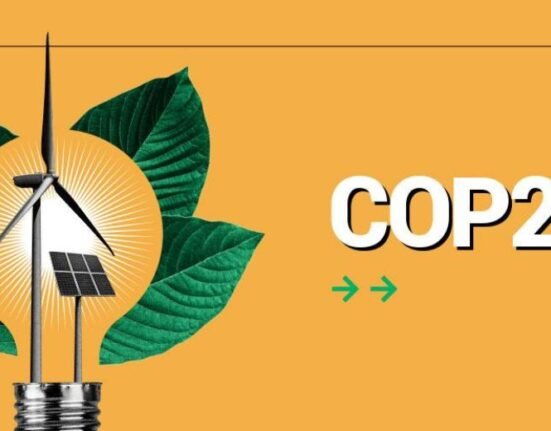HQ Team
December 7, 2023: Global nations have raised $83.3 billion so far for financing climate change, according to COP28, the UN Climate Change Conference.
An amount of $61.8 billion was gathered for financing climate projects, $8.5 billion for Lives and Livelihoods, $6.8 for energy, $3.5 billion for Green Climate Fund and $1.7 billion for Inclusion initiatives.
The COP28, a gathering of world leaders for climate action, also garnered $726 million for Loss and Damage, $134 million for adaption, $129 million for the Least Developed Countries Fund, and $31 million for Special Climate Change Fund.
“To support developing countries in achieving their climate objectives, developed countries need to work to deliver on the goal of jointly mobilizing $100bn in the context of meaningful mitigation action and transparency on implementation through to 2025,” according to a COP28 statement.
‘Accessible, affordable’
“We need to go further, accelerating the mobilization and deployment of climate finance from all sources, underscoring the importance of finance that is available, accessible, and affordable, particularly for the most vulnerable.”
The international financial architecture, public and private, needs to be made fit for more frequent, profound shocks.
Wider use of climate-resilient debt clauses, consideration of debt-for-climate swaps, and sustainability-linked bonds may be the way out, according to the statement.
Additional voluntary IMF Special Drawing Rights should be re-channelled, subject to national legal frameworks, including through the Resilience and Sustainability Trust.
“We also need to see the full implementation of the Common Framework for Debt Treatments Beyond the Debt Service Suspension Initiative.”
Case-by-case basis
The Common Framework for debt treatment beyond the DSSI (Common Framework) is an initiative endorsed by the G20, together with the Paris Club, to support, in a structural manner, low-income countries with unsustainable debt.
The Common Framework considers debt treatment, on a case-by-case basis, driven by requests from eligible debtor countries.
“Highly concessional funding mechanisms such as the International Development Association and its crisis facility need to be sufficiently capitalised to adequately support the poorest and most vulnerable countries.”
Country-owned investment platforms, for energy transitions, forests and biodiversity, water, and adaptation, that converge development aspirations with climate and environmental challenges are the essential starting point, the COP28 leaders stated.
Private sector finance is the largest source of financial flows for climate action, particularly mitigation.
Carbon markets
Transition to a low-emission climate-resilient economy requires dedicated instruments, according to the statement.
These instruments can channel financing from mainstream institutional investors to large-scale clean infrastructure and drive private entrepreneurship to scale up clean business models and the transfer and deployment of climate technology.
Carbon markets remain an essential component of the climate finance architecture. Unlocking the potential of these markets to support the implementation of the Paris Agreement requires transparency and high-integrity standards across the value chain.
The declaration on the Global Finance Framework in Dubai was endorsed by 13 nations, including the US, France and India.








